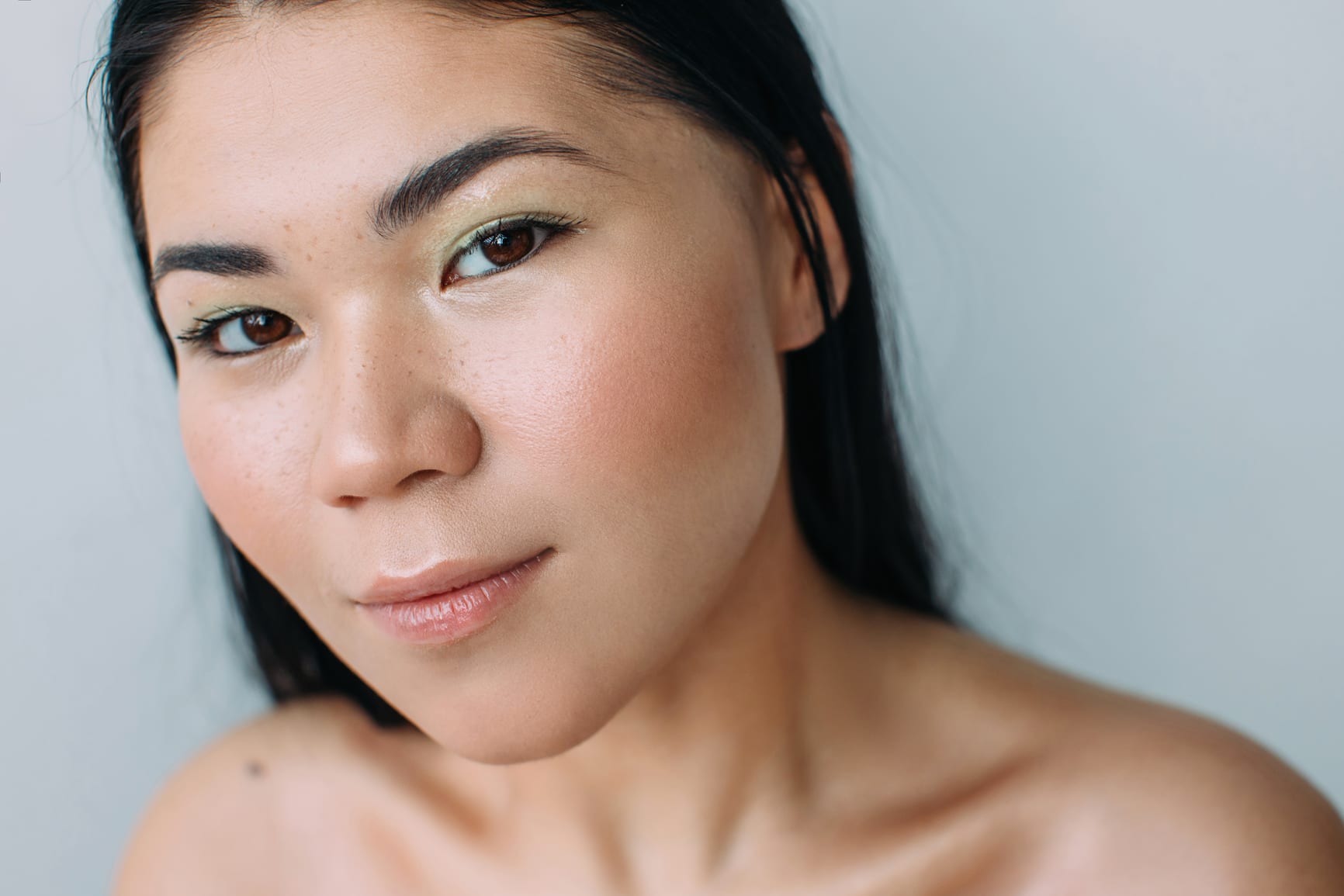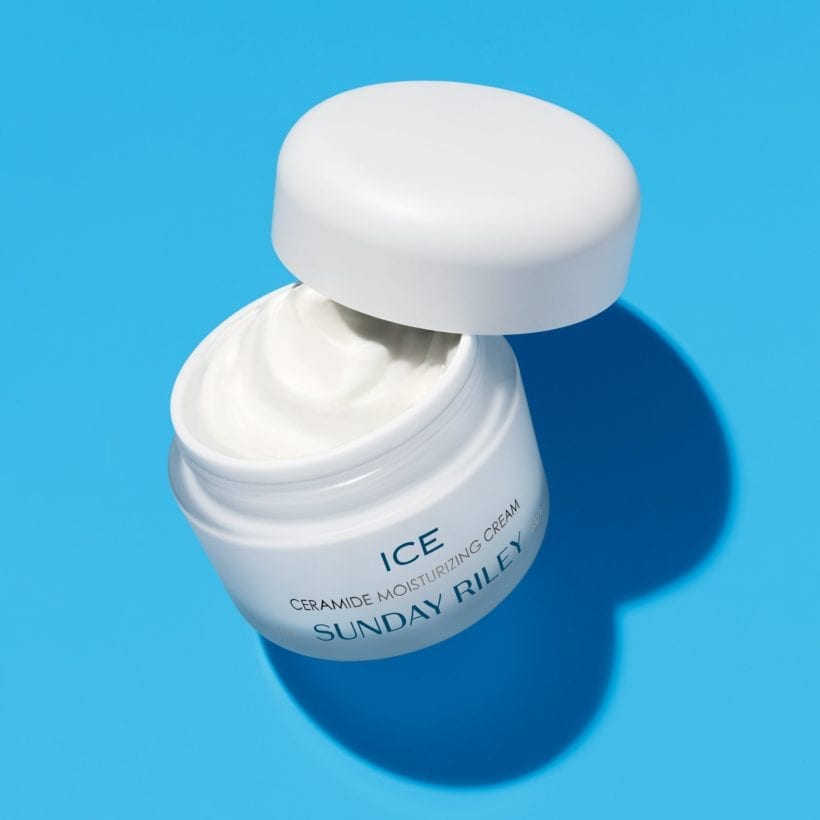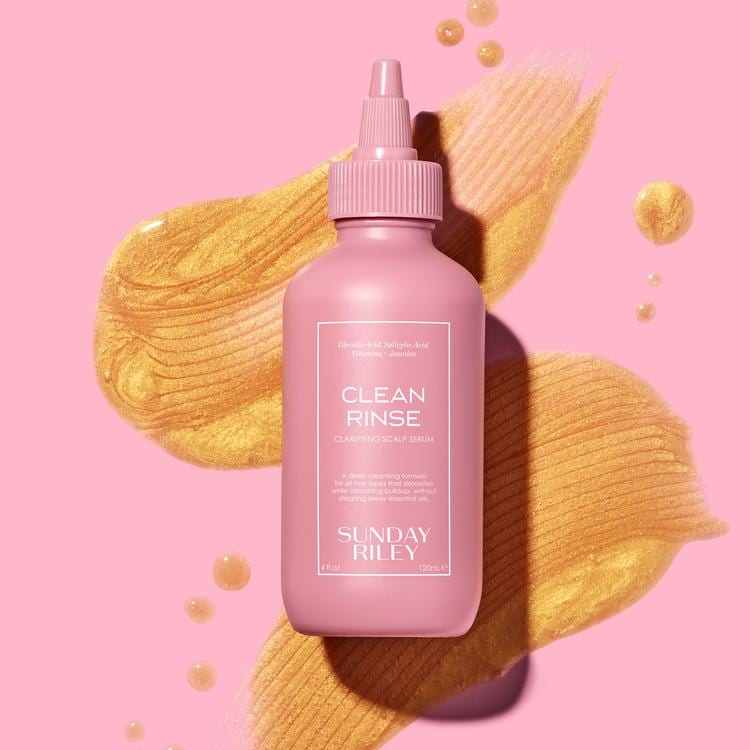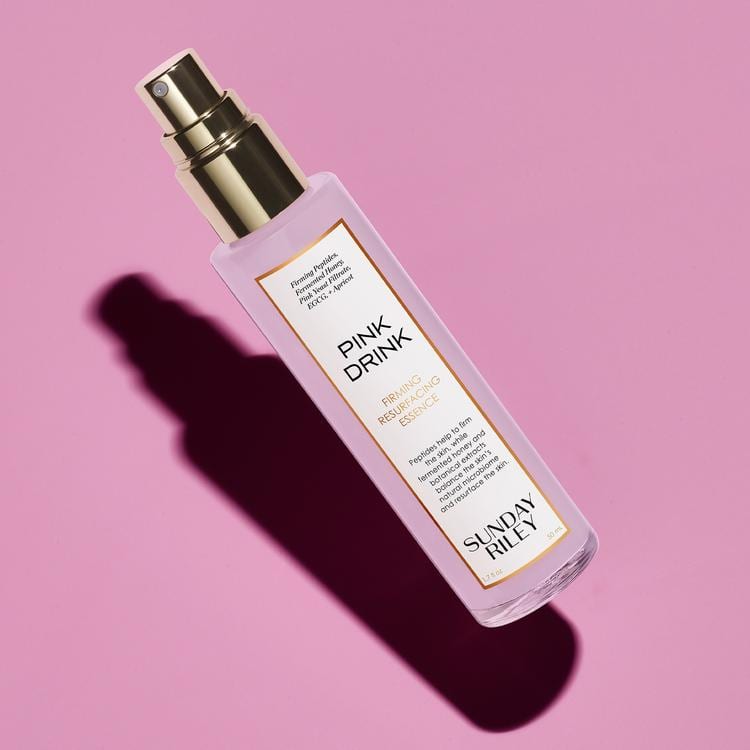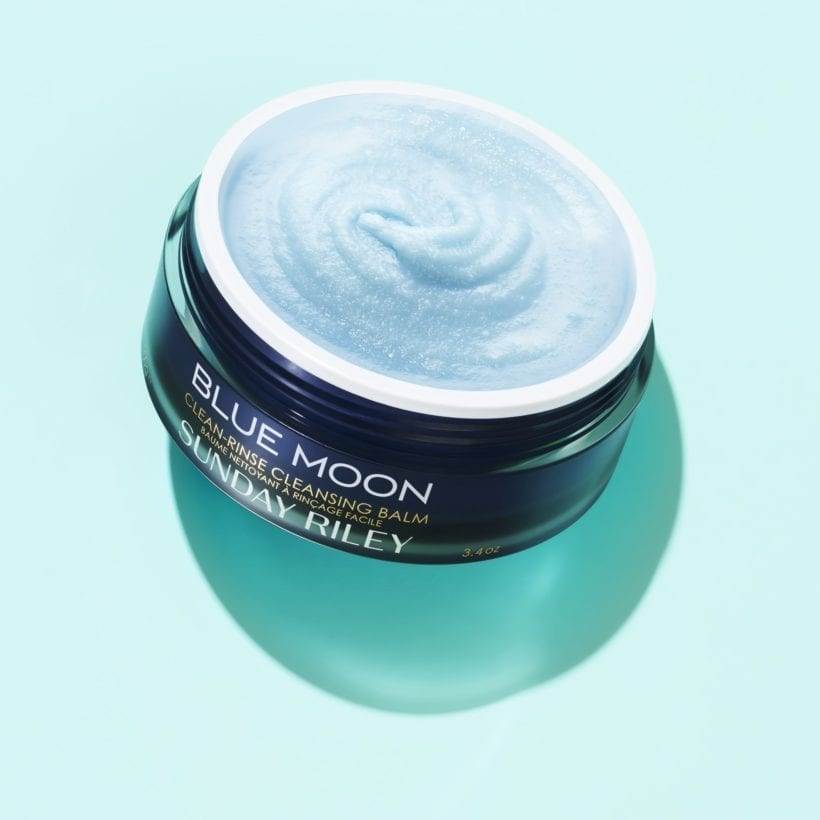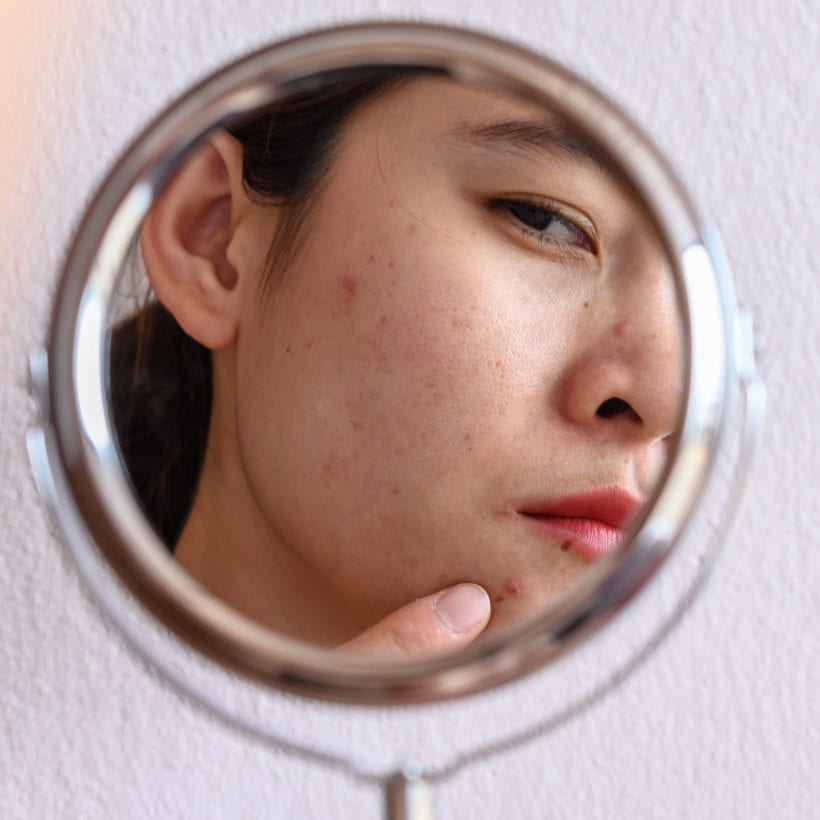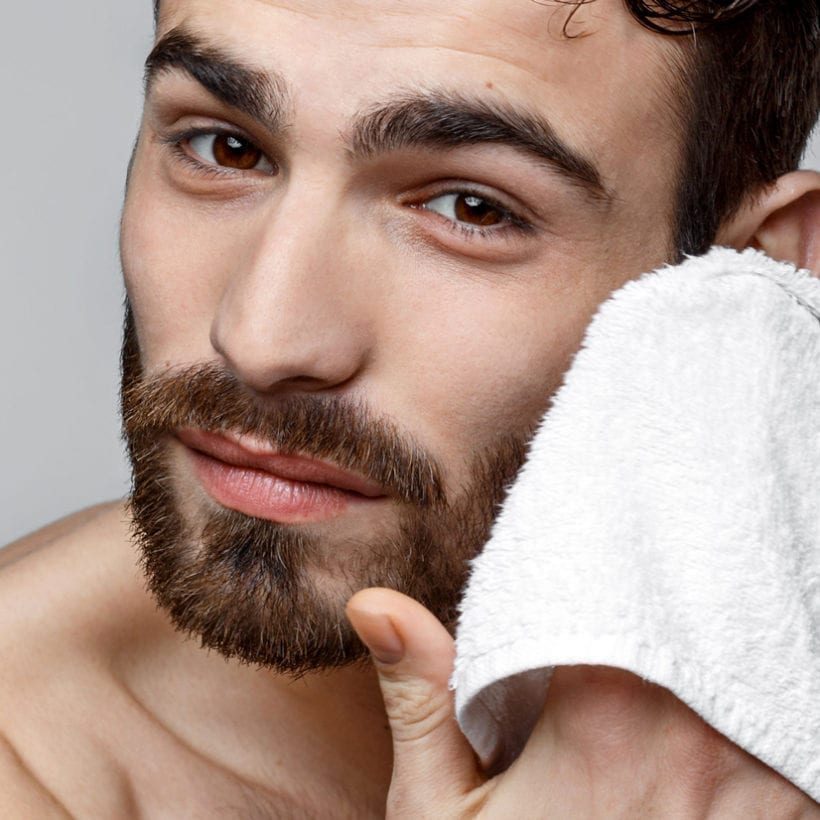Although eczema, acne, wrinkles, and super dry skin are different skincare conditions and concerns, they ultimately all have one thing in common: a compromised skin barrier. It’s a phrase you’ve probably heard about in marketing ads, or maybe your own dermatologist has talked about it. But if you don’t understand its function (hint: it’s the key to healthy skin), you likely won’t give it the TLC it needs. Here, we break down its importance, how you can determine if it’s damaged, and what you can do about if it is.
So, what exactly is the skin barrier?
The skin barrier or sometimes referred to as the “moisture barrier” is the uppermost layer of your skin that’s “critical to normal skin function,” says Dr. Hadley King, a board-certified dermatologist in New York City. It includes the stratum corneum, which is the outermost layer of your five epidermis layers and serves as the primary protective barrier between you and the environment. Simply put, “its purpose is to keep the outside world out and the inside world in,” says Dr. Gary Goldenberg, a board-certified dermatologist at Goldenberg Dermatology in New York City.
It’s essential for preserving moisture in our bodies and protecting us from the environment.
The stratum corneum consists of primarily ceramides, cholesterol, and fatty acids, and is crucial for the integrity of the skin barrier. “Ceramides are thought to be the most important component for maintaining barrier function,” explains King. The outermost protective layer of the stratum corneum is referred to as the acid mantle. “The acid mantle, made up of sebum, mixes with lactic and amino acids from sweat to create the skin’s pH, which should be approximately five,” says King.
What’s your skin barrier’s function?
It’s essential for preserving moisture in our bodies and protecting us from the environment. According to King, our skin barrier protects us from many things including mechanical injury, cold, heat, chemical exposure and bacteria. It also helps to maintain skin moisture, regulate immune function, and repair skin damage.
The skin microbiome is a part of the skin barrier, it sits on the surface of our skin — the microbes on your skin impact the way it looks and feels, acting as a barrier between your body and the outside world. “A healthy microbiome prevents the overgrowth of pathogenic organisms,” says King. “And it can also fight against external and environmental factors, too.” Additionally, a healthy microbiome can help keep inflammation down, promote wound healing, and act as a barrier against environmental aggressors.
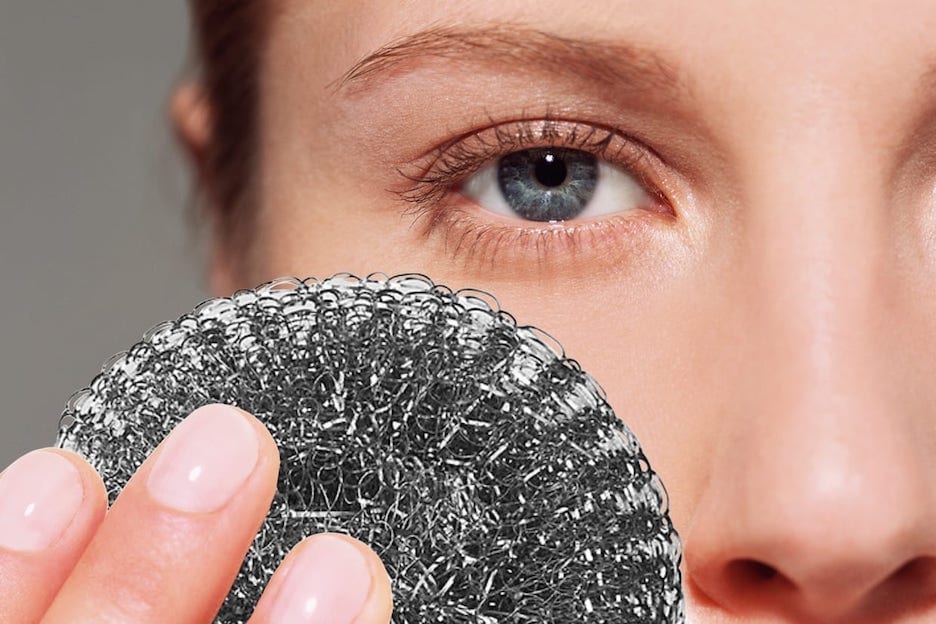
How can you tell if it’s damaged?
A healthy skin barrier will feel comfortable, smooth, and hydrated. A weakened skin barrier can lead to dryness and dehydration, irritation and inflammation, and other skin conditions, like eczema, dermatitis, acne, and rosacea, on both your skin and scalp. In terms of your facial skin, fine lines and wrinkles can be more pronounced if the skin is dehydrated. “It can even lead to skin allergies, irritation, and skin pain for patients that have eczema or dermatitis,” says Goldenberg. “For the scalp, a weak barrier can also mean dryness and itchiness, which can lead to inflammation and dandruff (fungus),” explains Patty Huang, an esthetician at Penelope & The Beauty Bar in Seattle. Lastly, if your skin barrier is compromised, it can make your skin more susceptible to sun damage and environmental aggressors like pollution.

What are some ways that your skin barrier can be affected or destroyed?
Your skin barrier is unfortunately delicate and easy to damage. First, there are environmental factors that can compromise it such as sun exposure, blue light, chlorine, humidity, pollution, wind, and extreme weather conditions. Then, there are internal factors like genetics, hormones, skin cell turnover, and stress. Additionally, there are lifestyle factors like “over-exfoliation, use of harsh soaps and cleansers, taking too hot of showers and even heat from indoors (which can be overly drying to the skin) can all play a role in weakening the barrier,” says Huang.
What are some ways you can improve your skin barrier?
To restore the skin barrier to a healthy state, start with your skincare products. Whatever your skin’s history or current situation, the goal is the same: hydrated skin is healthy skin. Consider products that are rich in moisturizing and reparative ingredients, such as:
-
Ceramides
They are fatty acids that help lock in moisture, and are crucial to the overall health of the skin barrier. “While ceramides are naturally occurring in our skin, we can lose them over time,” explains Huang. “Lack of ceramides can result in skin that is dry, dull and is prone to irritation. With continued use of products containing ceramides, the skin is hydrated, firmer, and smoother. Moisture is restored and skin is less prone to irritations.” Sunday Riley ICE Ceramide Moisturizing Cream is rich and lightweight to replenish skin with immediate hydration.
-
Niacinamide
“Epidermal lipid synthesis is also helpful and can be stimulated by topical niacinamide and L-lactic acid,” says King. Sunday Riley’s Clean Rinse Clarifying Scalp Serum features niacinamide to soothe and protect the skin barrier on the scalp and promote hair growth.
-
Hyaluronic acid
Hyaluronic acid is naturally found in your skin, but you can also apply it topically to help maintain plumpness. Since it’s a humectant, it pulls water into your skin like a magnet. The standout ingredient is found in Sunday Riley C.E.O. Afterglow Brightening Vitamin C Gel Cream.
-
Peptides
These compounds are like messengers that signal to your skin that it needs to produce more collagen, which keeps your skin supple and soft. Sunday Riley’s Pink Drink Firming Resurfacing Essence not only features peptides that help firm your skin, but it also contains ceramides, fermented honey, a hydrating prebiotic, and chlorella, kelp, and seawater, a prebiotic blend that helps support the skin’s microbiome.
It’s important to avoid irritants that disrupt the skin barrier, such as sodium lauryl sulfate and other detergents, alkaline products and very acidic products. Instead, start off your daily routine with a gentle cleanser like Sunday Riley Blue Moon Clean Rinse Cleansing Balm.
Take a look at your exfoliants if you’re using them because you might need to use a lower percentage or give your skin longer stretches in between exfoliating sessions if you’re experiencing skin barrier issues.
Lastly, and as always, wear sunscreen all year round as your strongest line of defense — your skin will appreciate the support.
